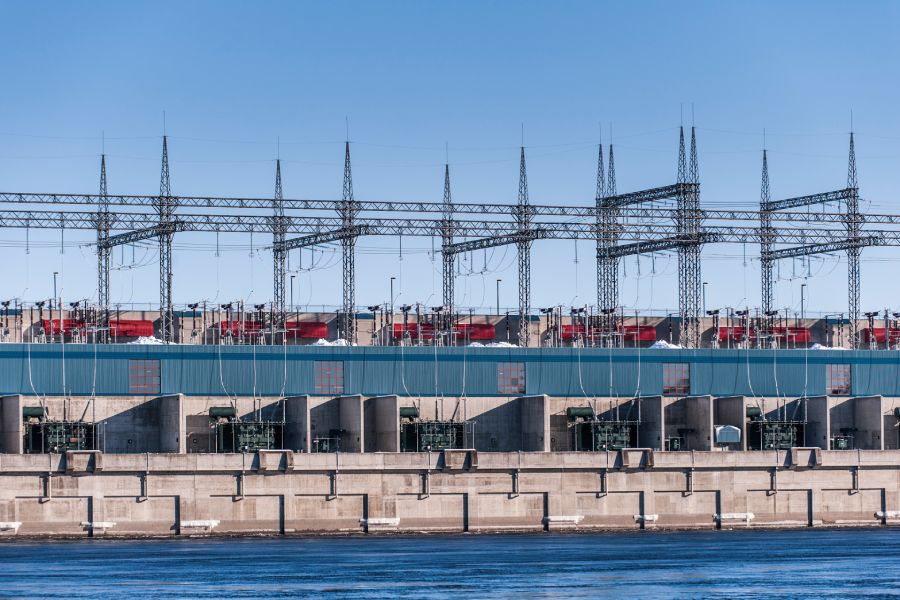Hydro Quebec: A Leader in Renewable Energy and Innovation

Introduction
Hydro Quebec, a major Canadian utility, is at the forefront of energy production and distribution in the province of Quebec. As society moves toward sustainable energy solutions, Hydro Quebec’s commitment to renewable resources and environmental stewardship becomes increasingly vital. With recent developments in energy policy and technology, understanding Hydro Quebec’s role not only affects local consumers but also has broader implications for Canada’s energy landscape.
Current Operations and Future Plans
As of 2023, Hydro Quebec generates more than 99% of its energy from renewable sources, primarily hydropower. The utility operates numerous hydroelectric plants across the province, which helps maintain lower greenhouse gas emissions. In the latest report, Hydro Quebec announced that it plans to invest over $4 billion during the next five years to enhance its renewable energy infrastructure and to improve its distribution networks. This investment is expected to increase the company’s capacity to provide clean energy and support electric vehicle (EV) adoption in the region.
Environmental Initiatives
Hydro Quebec is also recognized for its environmental initiatives aimed at reducing the carbon footprint and promoting biodiversity. One of the significant projects currently underway is the La Romaine hydroelectric complex, which is projected to provide over 1,550 MW of renewable electricity. Moreover, the company is implementing measures to preserve local ecosystems during construction and operation phases of their facilities.
Innovation Through Technology
In addition to generating and distributing power, Hydro Quebec is investing in cutting-edge technology. One highlight is their involvement in smart grid development, which enhances energy efficiency and reliability for consumers. The company is also exploring energy storage solutions that enable better integration of renewable energy sources and provide a more stable energy supply. With these advancements, Hydro Quebec aims to position itself as a leader in energy transition, not just in Quebec, but across Canada.
Conclusion
Looking ahead, Hydro Quebec’s commitment to renewable energy, innovation, and environmental sustainability is expected to play a crucial role in shaping the future of Canada’s energy sector. As Quebec continues to lead the way in hydropower generation, the decisions made by Hydro Quebec will influence national energy policies and contribute to global efforts in combating climate change. Consumers and stakeholders alike should remain informed about these developments, as they hold significant implications for energy consumption trends, economic growth, and the transition to a cleaner energy future.







